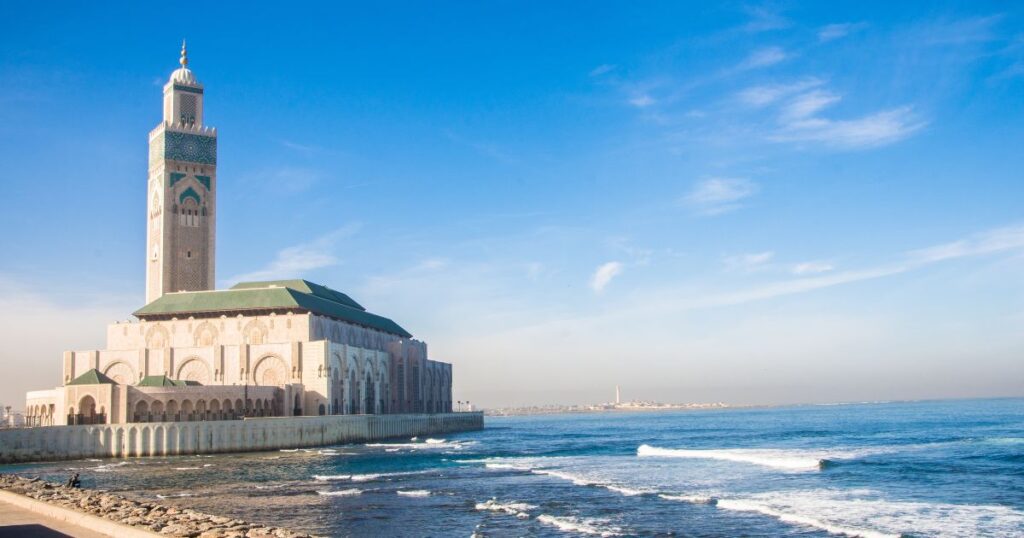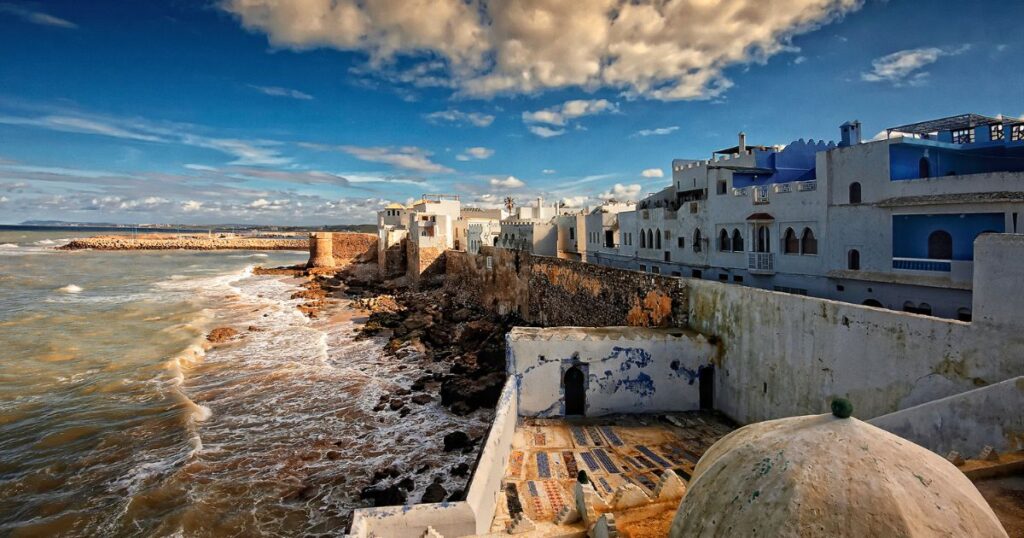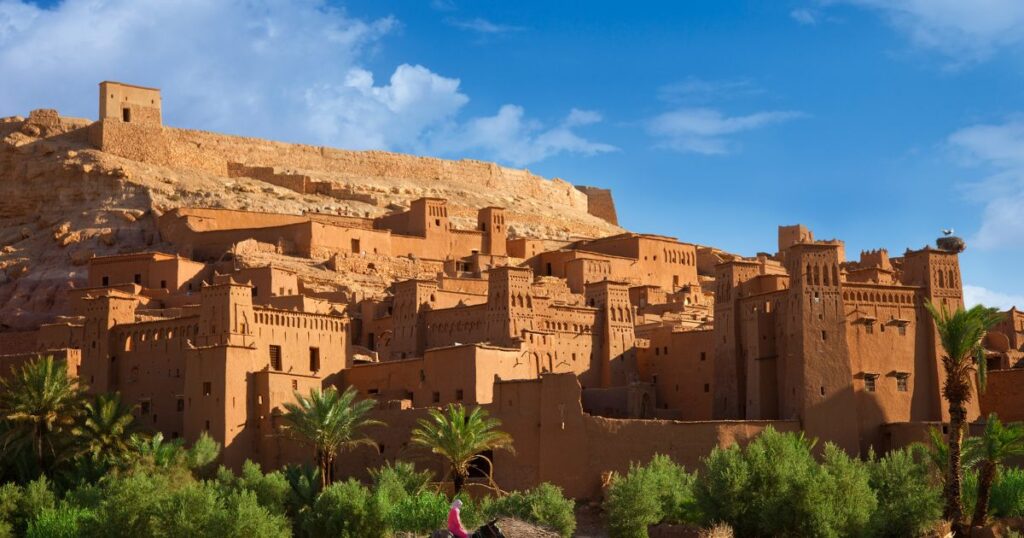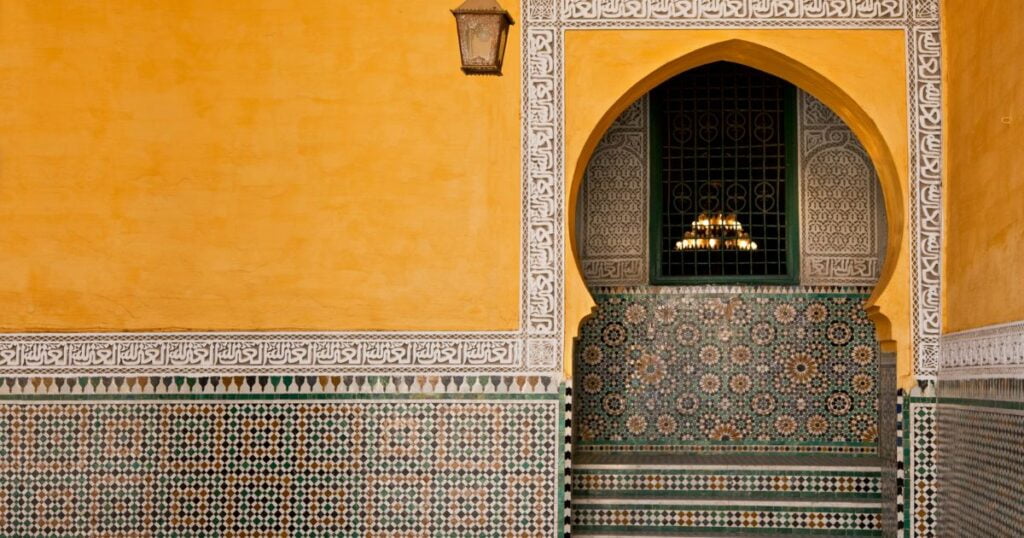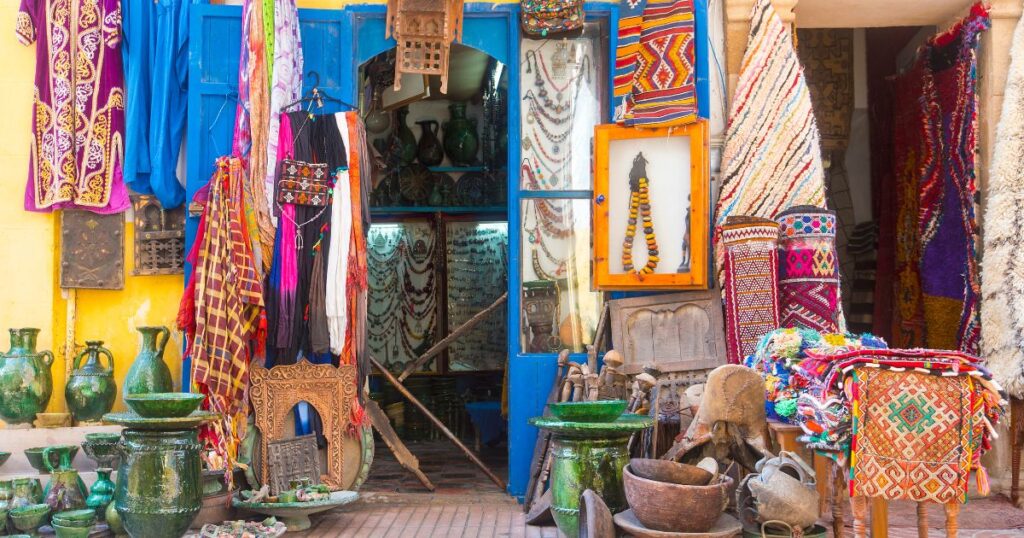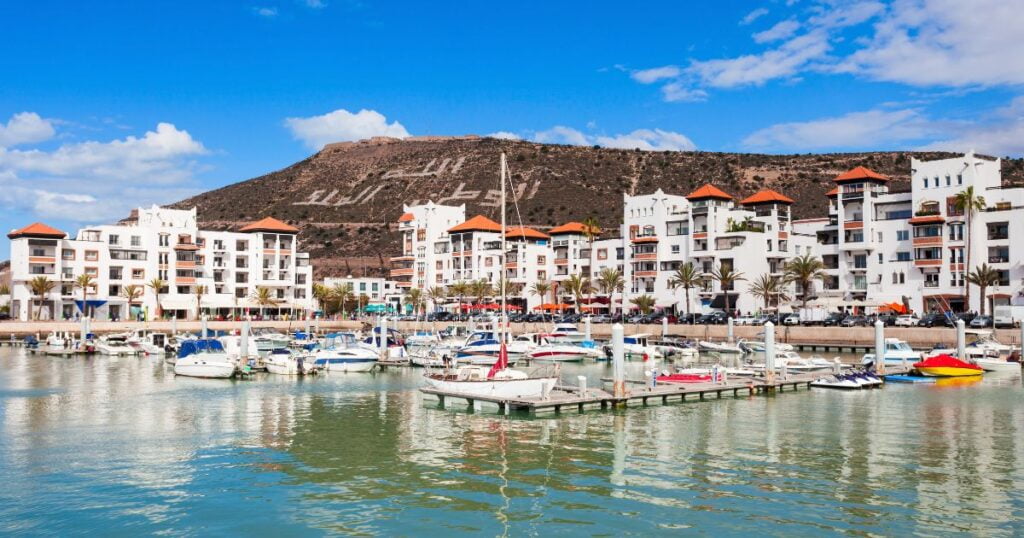The recent earthquake in Morocco has led to substantial damage, particularly in the High Atlas mountain range, and in areas around the southwestern city of Marrakesh. The earthquake, which had a magnitude of 6.8, affected many vulnerable buildings and led to a significant death toll, particularly in the small communities of the High Atlas mountains.
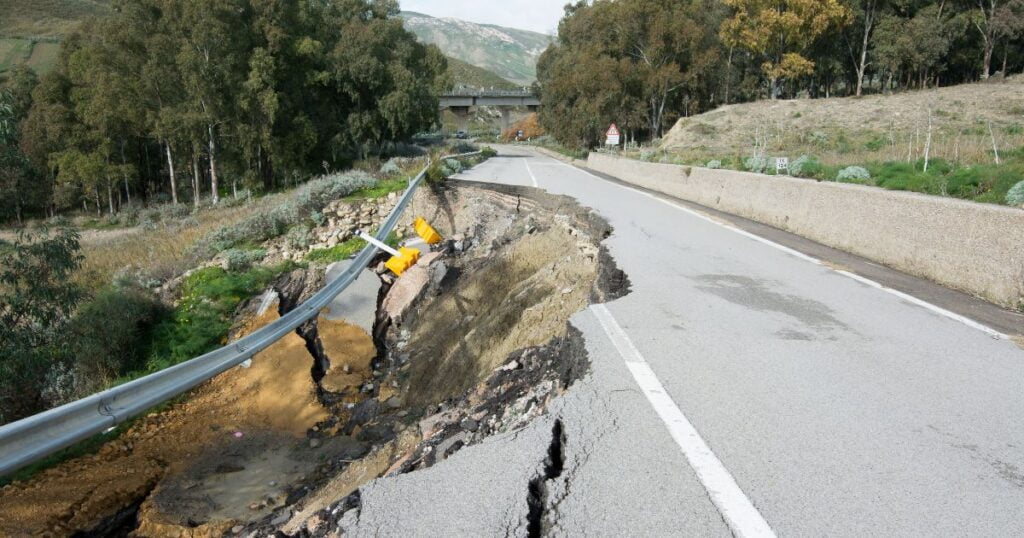
The epicenter of the earthquake was in the High Atlas mountain range, about 72 miles southwest of Marrakech, in the province of Al Haouz, which has had the highest number of casualties. It was felt strongly in Marrakech, where the historic medina has been damaged. Seaside cities popular with vacationers such as Essaouira and Agadir also felt it strongly, while the quake was felt as far north as Casablanca and Fez, around 300 miles northeast of Marrakech.
Many of the areas most affected by the quake are remote mountain villages that are not easily accessible, and recovery efforts have been hampered due to their remoteness and landslides blocking roads.
The full extent of the damage is still being assessed, but it is clear that many historic buildings, mosques, and relics were severely affected by the quake. Marrakesh, one of the country’s largest cities, experienced some damage, particularly in its old city, a UNESCO World Heritage site.
If you plan to travel to Morocco in the near future, please be aware that rescue efforts are still ongoing in these areas and many roads are blocked. The region is expected to experience aftershocks for the next couple of days, and the extent of the damage to buildings is still being assessed.
Flights to and from Marrakech are operating as normal, and Marrakech airport remains open. However, it may be best to check with your tour operator before travelling, especially if your travel plans involve Marrakech [2]. Some tour operators, like Intrepid Travel, have already made amendments to their tours, such as avoiding the Atlas Mountains and reducing time in Marrakech.
The cities of Agadir and Essaouira, popular coastal resorts, experienced tremors and some superficial damage but are largely unaffected. Both cities have their own airports, so visitors do not need to travel through Marrakech.
Given the current situation, it is advisable to avoid these affected areas until recovery efforts are further along and the safety of these regions can be assured. It is recommended to stay updated with local news and advisories for the most current information.
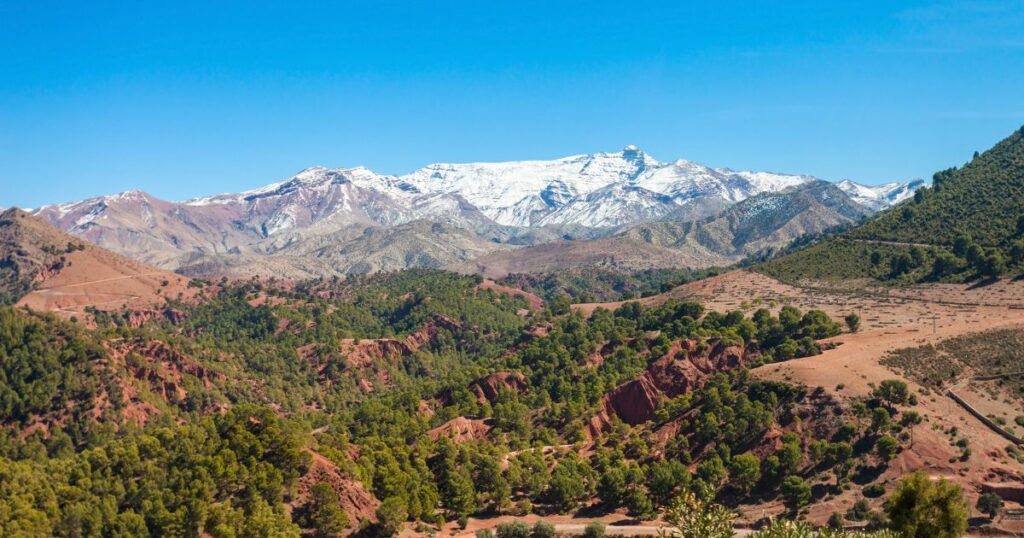
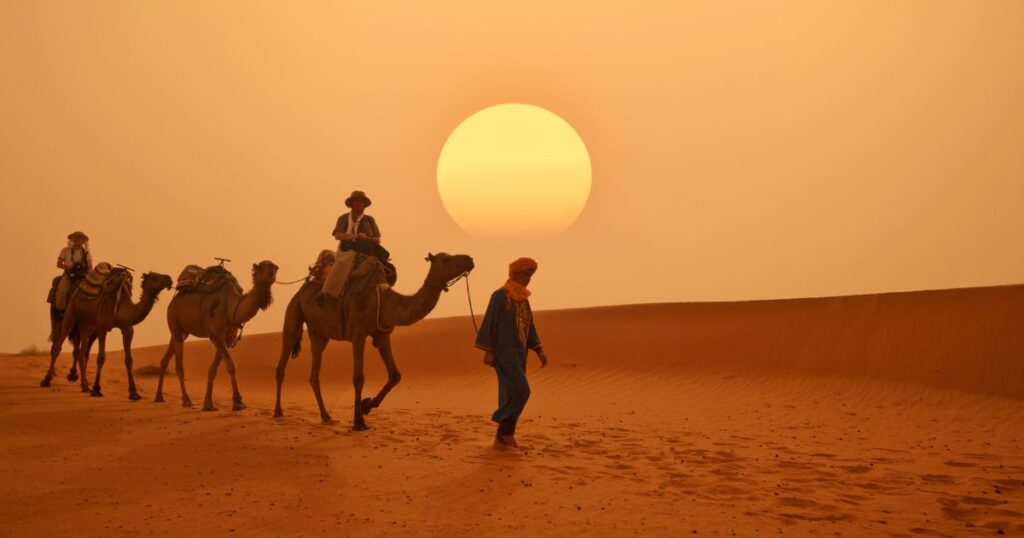
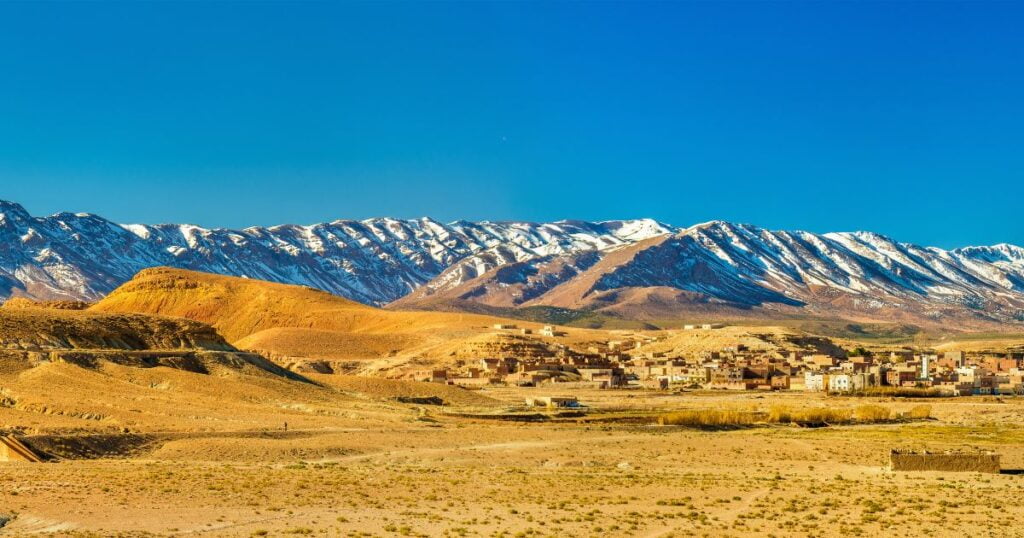
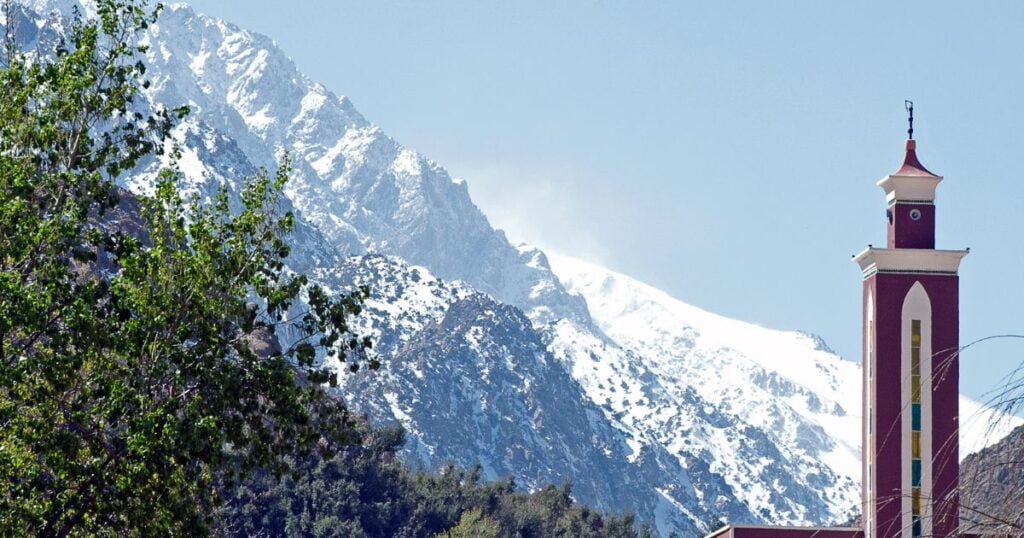
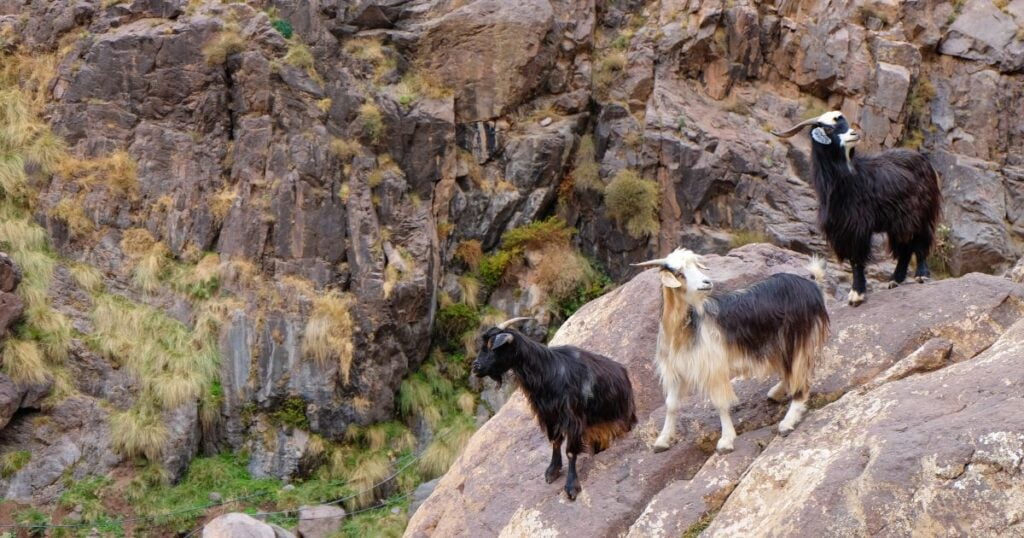
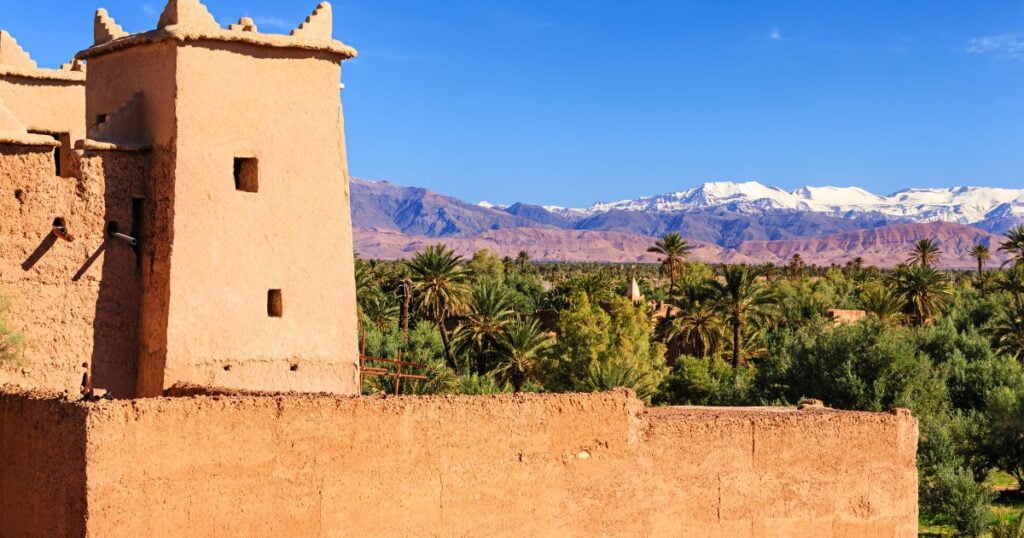
Traveling to Morocco, what do you need to know
Traveling to Morocco entails understanding the country’s current situation, its cultural norms, and the necessary preparations you need to undertake for a safe and enjoyable trip.
Firstly, Morocco has lifted all restrictions related to COVID-19. However, it is still recommended to follow health measures such as regular hand washing, avoiding physical contact, and wearing a mask for your safety and the safety of others during your stay. Hotels and accommodation facilities are open, but it is advisable to make a reservation.
If you plan to visit after a recent earthquake, it’s important to note that most of the country is running as usual, with transport and other services continuing to operate. However, some areas may still be recovering, especially in the High Atlas mountain range.
Before you travel and if you’re U.S. citizens and nationals traveling and living abroad, it is advisable to enroll in the Smart Traveler Enrollment Program (STEP) to receive alerts and make it easier to locate you in an emergency.
Visa requirements depend on your passport country. Most visitors are typically permitted to stay in Morocco for up to 90 days without a visa.
When planning your itinerary, consider visiting attractions like Jardin Majorelle, Djemaa El Fna, Musée Yves Saint Laurent, Bahia Palace, and Erg Chigaga.
Travel insurance is also recommended. It’s also important to prepare for the local culture. Dress conservatively and respect religious and social traditions. Unauthorized importation of non-Islamic religious material is prohibited, except for personal use.
As for money, Morocco is a cash country. It’s recommended to pull out cash at the ATM every few days to avoid traveling with a large amount on you.
Lastly, remember that Morocco is home to a diverse range of landscapes and a welcoming population. Enjoy the colors, textures, and shapes that the country has to offer.
